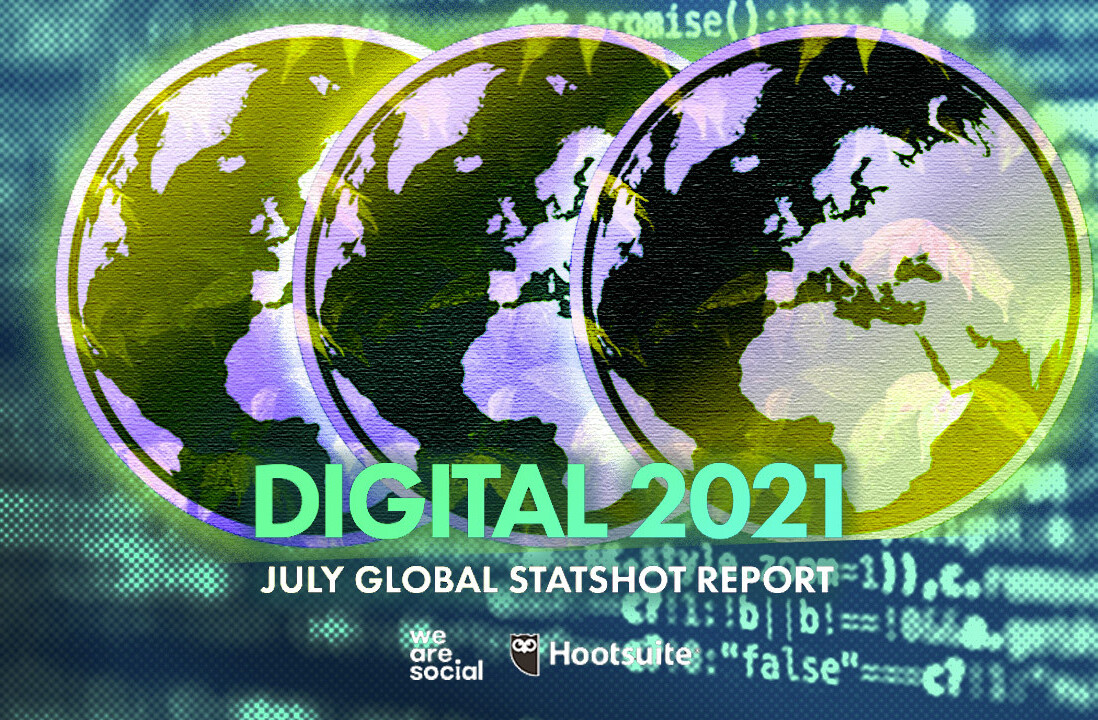
Reputation always matters, but rarely more than in large M&A deals. With M&A worth $3 trillion a year across the US and Europe, even a small reputational issue can cost billions if it makes the difference between a deal taking place or being scuppered.
Historically, reputational damage often revolved around accounting “irregularities.” Think Enron, Worldcom, and AIG to name a few. In M&A, HP’s disastrous acquisition of Autonomy is one of the most high-profile examples of accounting controversy. HP bought the British tech business for $12 billion in 2011 and wrote off $9 billion only 12 months later. After a decade of litigation, neither the buyer’s or seller’s reputation has recovered.
Today, accounting scandals are far less frequent (with some notable exceptions). Tighter regulation and far greater scrutiny mean we rarely hear about an acquisition failing because of major irregularities in the books.
In place of financial fraud, two new issues have quietly become far more prominent in M&A.
The first is data misuse. The firestorm over Facebook is only the tip of the iceberg. In industries like mobile telecoms and consumer credit, how companies acquire, share, and use data is only now becoming understood.
In Europe, GDPR is now being enforced. Over the coming years, before they pay billions, buyers will scrutinize how a target uses data, and any grey area may be too risky to proceed. No one wants to pay billions to acquire the next Cambridge Analytica.
Arguably, the risk of reputational damage to an acquirer may mean companies that leverage large amounts of personal data struggle to attract a suitor. In fact, we may begin to see data “hygiene” specialists prepping companies well before a planned M&A deal to ensure they are following data handling best practices and check there aren’t any data skeletons in the closet.
The second is what could be broadly termed ‘toxic culture.’ Misconduct by senior executives has been elevated to the level of a billion-dollar deal-breaker. Buyers are on the lookout for cultural issues like never before, and incidences of harassment and staff complaints are now routinely investigated in due diligence.
I’m certain that this year we will see more than one large M&A deal aborted because of misconduct issues that surface during due diligence. This could be anything, from sexual misconduct to bullying, to issues around poor staff retention.
We see new examples on an almost daily basis. For fintech challenger Revolut, 2019 has already become something of an annus horribilis, with wide ranging claims of everything from a supposed toxic working culture to an alleged laissez-faire attitude to money laundering. In an open letter, founder Nokolay Storonsky said “I now know that there is much more to running a successful business than simply hitting targets.”
He’s right. But what remains uncertain is what effect this may have had on his company’s value. Had Revolut been undergoing an M&A process, the deal might well have fallen apart.
It’s an issue that spans all industries and company sizes, from Philip Green’s alleged impropriety to the resignation of Ted Baker founder, Ray Kelvin, over a range of claims around an improper culture. M&A buyers are acutely aware of these risks now and demand full confidence that the company they intend to buy doesn’t have reputational issues lurking.
A buyer’s worst nightmare is seeing their name sullied, and share price suffer, as the result of a problem uncovered in a recently acquired business that they thought was a healthy growth story. And today bad news is magnified immediately, leading to broader scrutiny, fines and far more lasting attention than a buyer would ever welcome.
The overall point is that for companies to qualify to be bought for serious sums, they will have to enforce transparency of behavior across their organizations far more broadly than just in finance and accounting. This will mean far more stringent review processes for culturally tolerated behavior that up to now was deemed “not that important” for a company’s ultimate value.
The more open they are publicly, and the more rigorous their internal processes are, the more attractive they will be to large buyers.
Get the TNW newsletter
Get the most important tech news in your inbox each week.





